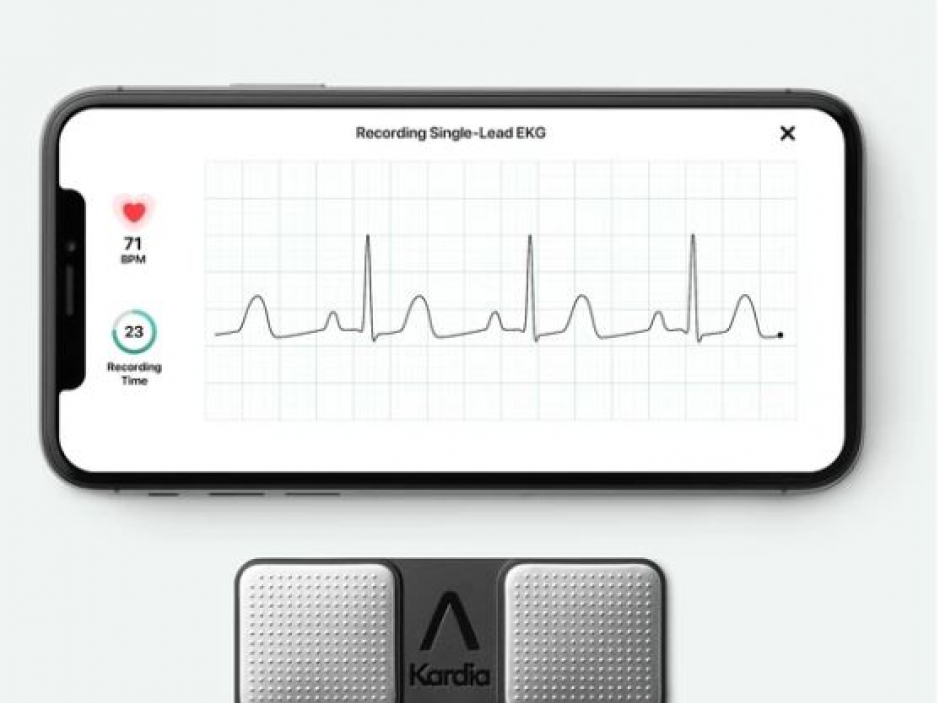As with any consumer electronics medical device, it makes good sense to consult with your doctor before investing, particularly if you already have known conditions. We are not yet at a point where the doctor can be reduced to a silicon chip. Use common sense and caution before relying too much on a gadget. However, for peace of mind, and in consultation with a physician, medical sensors can be of some value, particularly if they notice something that sends you on for further evaluation.
For example, in my own case, I was not aware I had any blood pressure issues until I tested a number of automated pressure cuffs last year. At the doctor's office my pressure had always been a bit on the higher side of normal, but that was written off to "white coat syndrome". In other words, just being at the doctor's office was thought to be enough to give a false positve because of anxiety.
Using a cuff a home over a period of weeks proved that the problem was not limited. When I showed the results to my doctor she said it was clear that I should take steps to reduce my blood pressure. So, my advice, before getting to the specifics of the Kardia EKG is to always integrate these devices into your life with the help of a physician.
The internet is full of anecdotal stories of how this device or that one saved someone's life by noticing an irregular heartbeat. I decided to take a look at the Kardia, partly because of those stories, and also because it advertised heavily on my favorite news channel. There is an undeniable peace of mind in knowing that a device that costs less than a doctor's visit could alert me to an irregular heart rhythm. Relative to anything else in the medical biz, the $99 price seemed like a bargain.
Getting the device working is quite simple. Download the app, create an account, put your fingertips on the metal pads and shortly thereafter your EKG is done. The first time you run an EKG your data is sent to a board certified doctor who reviews it. Shortly thereafter you get a copy of the doctor's findings through the app. So far, so good.
Oddly, though, beats per minute is recorded on subsequent readings, it was not on the first run.
On subsequent readings it costs $19.99 to have a doctor review your readings, though you do get a computer generated note of any findings.
The fly in the ointment comes from a hidden upsell. If you want to save your EKGs in the app you need to subscribe to a service that costs $99 per year, the price of the device itself. Now you do get several extra benefits, such as a replacement device at a substantially reduced price if you lose one, but the primary benefit for many would be the historical record, for all of your readings, in one place.
Remember, as the app says, Kardia cannot tell if you're having a heart attack. If you think you may be, contact emergency services right away. If your doctor has suggested that you ought to keep day-to-day or periodic EKGs you'll have to weigh the cost of using the system, paying the subscription, or maintaining a collection of emails that have the results. It is easy to use, seems to do what it promises, but has hidden costs.
In reviewing the comments I found from users on-line, there were reports of the unit having false positives; that is, it concluded that the heart was having some out-of-bounds condition that when checked by a doctor were actually "normal". Obviously, this leads to lost time, added stress, and out-of-pocket expenses. I couldn't test for this because my results all came back within range. Some reported issues related to the battery being in need of replacement and giving strange results. So, remember my advice: A gadget is no substitute for a doctor. It is just another way to help keep on top of your condition, not a panacea.


